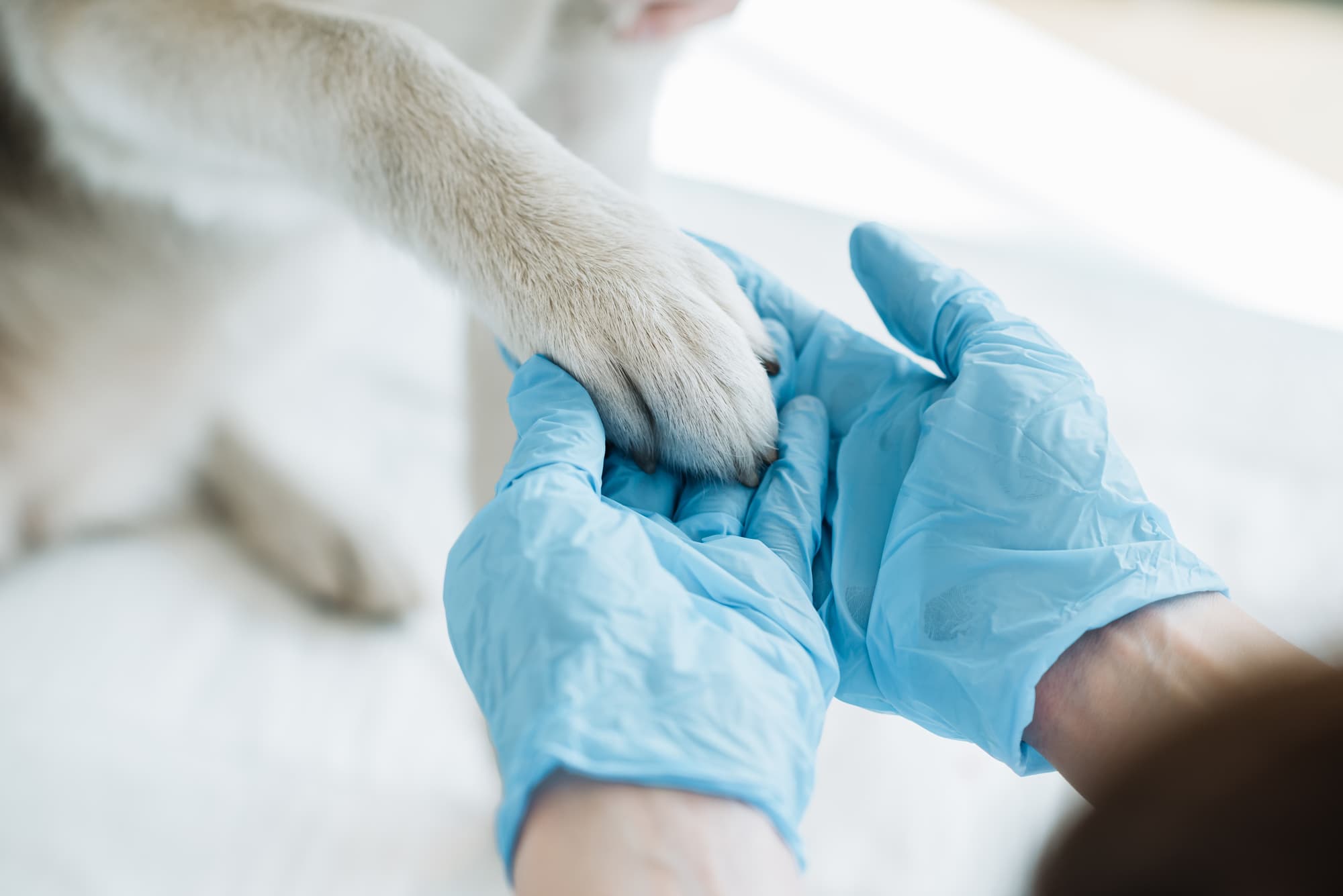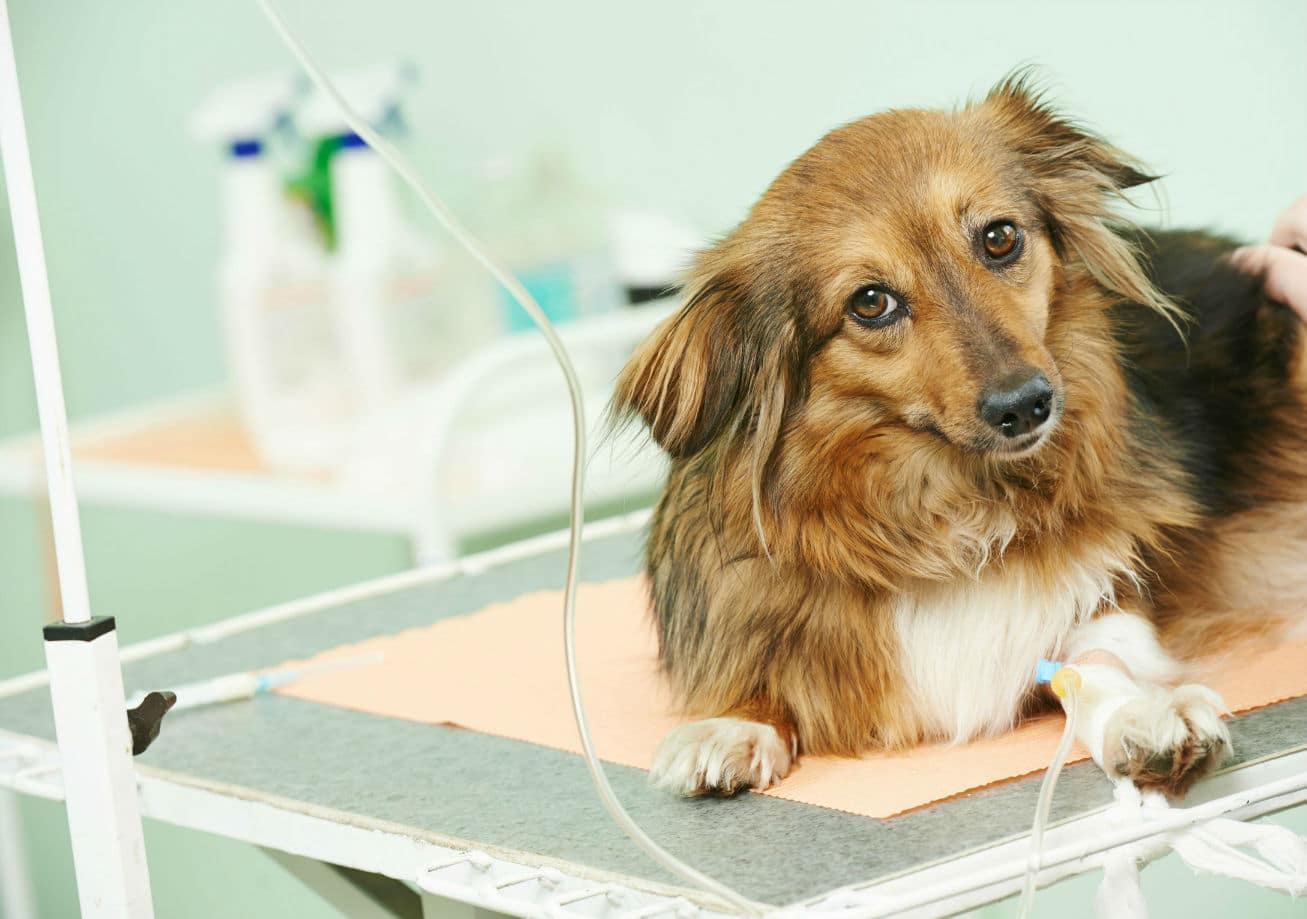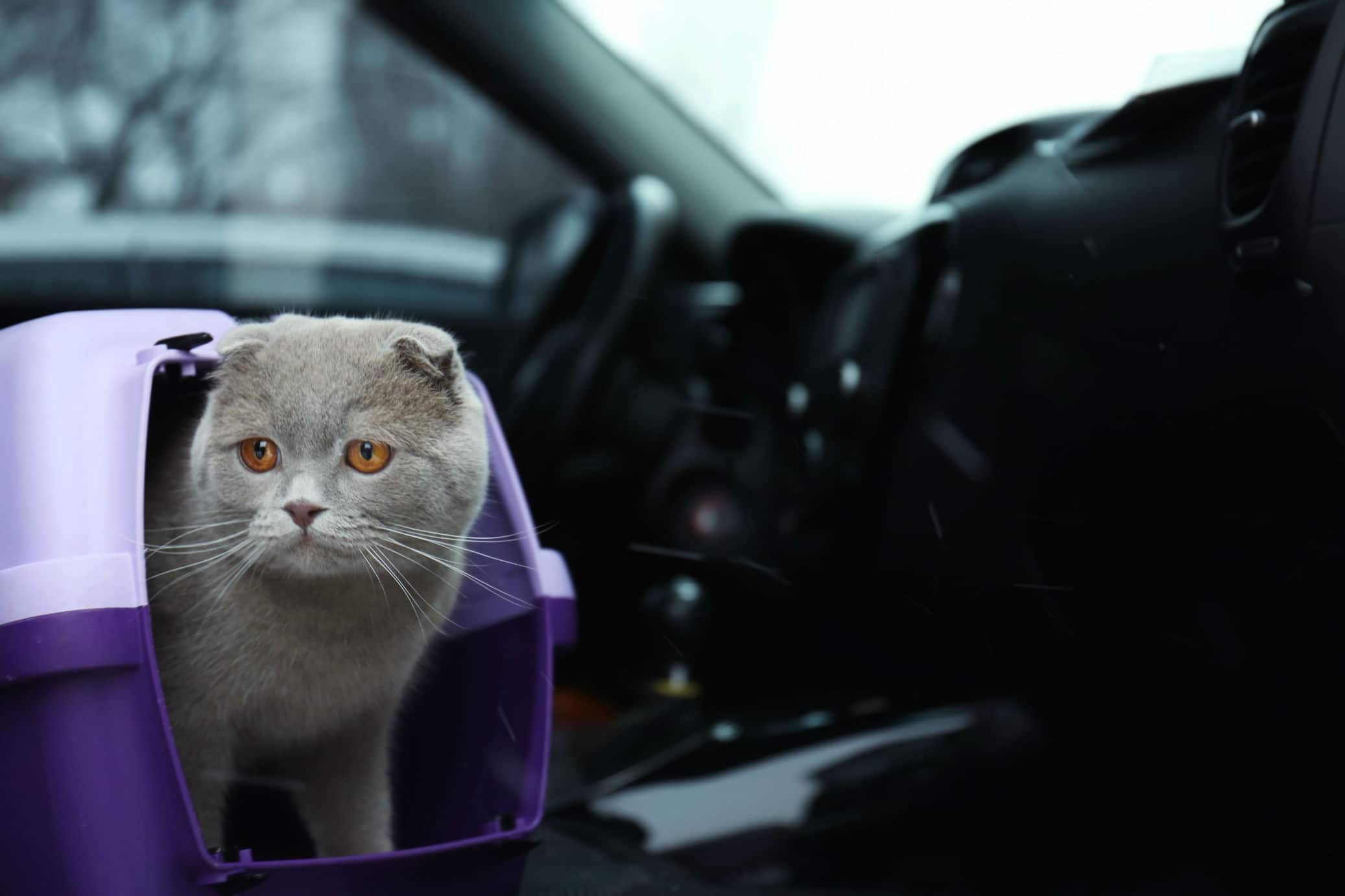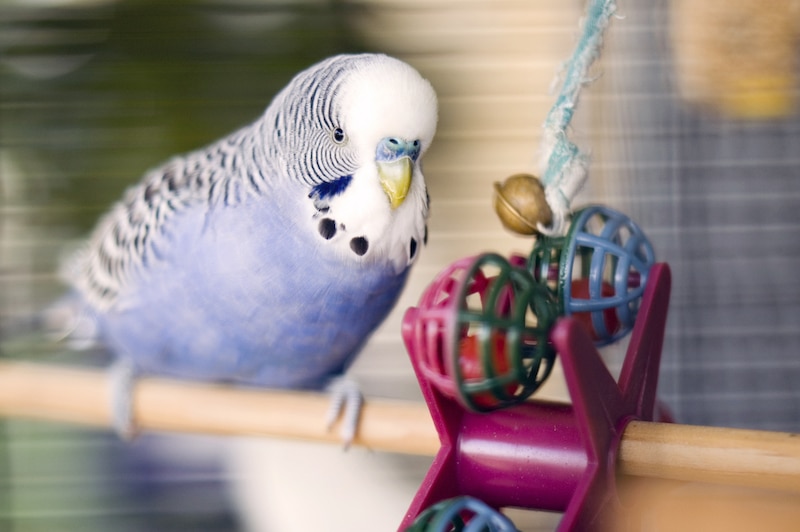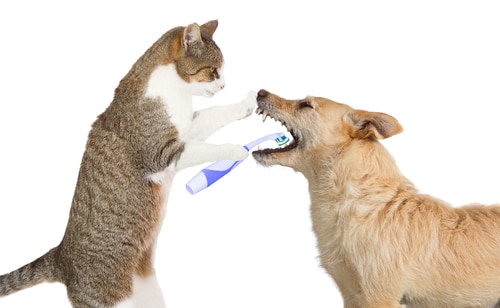Rabbits are common family pets due to their cute appearance, inquisitive nature and individual personalities. Unfortunately a new strain of Calicivirus has been recently identified in metropolitan Melbourne, which is threatening the health and wellbeing of these cute pets. Calicivirus is highly contagious and quite deadly for rabbits, both wild and domestic. As such, if your rabbit is unwell, we strongly advise that you seek veterinary attention immediately.
What is Rabbit Calicivirus?
Calicivirus is the causative agent responsible for Rabbit haemorrhagic viral disease (RVHD). There are different strains of RVHD; RVHD1 and RVHD1A, both of which can affect pet rabbits.
The disease only infects rabbits, and has actually been used in a number of different countries to help control rabbit populations. In fact, a variant of this known as RVHD K5 is planned to be released in Australia later this year to help control the wild rabbit population. The current Cylap RCD vaccination has been proven to be effective against this type of Calicivirus.
However, there has been a recent discovery of a different type of Calicivirus known as RVHDV2. This originated in Europe has been identified most recently in Melbourne. The current vaccination does not seem to offer much protection against this strain of Calicivirus.
Luckily, while Calicivirus is highly contagious, this new RVHDV2 strain does not appear to have caused any significant numbers of death, when compared with the original strains.
Symptoms of Calicivirus:
- General signs of being quiet, lethargic and minimally responsive
- A fever >40 degrees celcius
- Seizures
- Sudden death with or without bleeding from nostrils
- Death of young kittens (especially between 4 and 12 weeks of age)
How to Treat Rabbit Calicivirus
Prevention is key when it comes to avoiding Calcivirus infection of your pet rabbit. Vaccinations are the cornerstone of your pet staying healthy. For many years vets have been recommending an annual Calicivirus (Cylaps RCD) for the rabbit members of our family.
There are a number of other ways you can help prevent your rabbit from contracting the disease:
- Insect proof the rabbit hutch with shade cloth or insect screens
- Remove any sources of stagnant water from around the hutch
- Use mosquito coils around the property particularly in the area around the hutch
- Avoid introducing wild rabbits to your pet rabbit.
This information is to increase the awareness of the Calcivirus in all its many forms and to provide a brief understanding of the current situation in Melbourne. Please discuss vaccinations with your veterinarian.
Further information can be found at: www.ava.com.au/rabbit-calicivirus.
If you are concerned at all about your rabbit, please contact us today to make an appointment.


